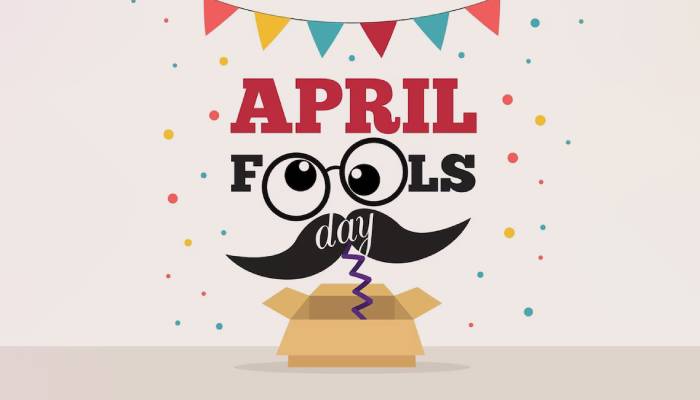
April 1st is widely recognized as April Fools' Day, a day dedicate to pranks, jokes and laughter.
On this day people from all around the world play harmless tricks on their friend and family, coming up with creative ways to surprise them before revealing the truth and when the prank is exposed, it's common to shout "April Fools" to signify the joke.
This tradition has been celebrated across different culture for centuries and even TV shows and media outlet participate by sharing fake news, hoaxes or playful misinformation to entertain audiences.
We've heard about April Fools' Day since childhood but where did it originate, and what is its history?
April Fools' Day origin and history:
The exact origin of this dayy are unclear but one theory suggested that it began in 1582 when France switched from the Julian calendar to the Gregorian calendar.
This change moved the start of the new year from April 1 to January 1.
Those who continued celebrating on April 1 were ridiculed as "April fools."
Another possible origin is the ancient Roman festival of Hilaria, which took place on March 25 to honour the goddess Cybele.
During this festival, people dressed in disguises and played tricks on each other, which may have influenced the modern tradition of April Fools' pranks.
Related: UK Clock Change 2025: Collector spends 45 minutes adjusting 52 timepieces
Regardless of its true origin, April Fools' Day has become a global event now.
The first recorded mention of April Fools' Day in England was in 1686 when writer John Aubrey called April 1 "Fooles holy day."
By the 18th century the tradition of playing tricks had spread throughout Britain and by the 19th century it had become widely popular.








